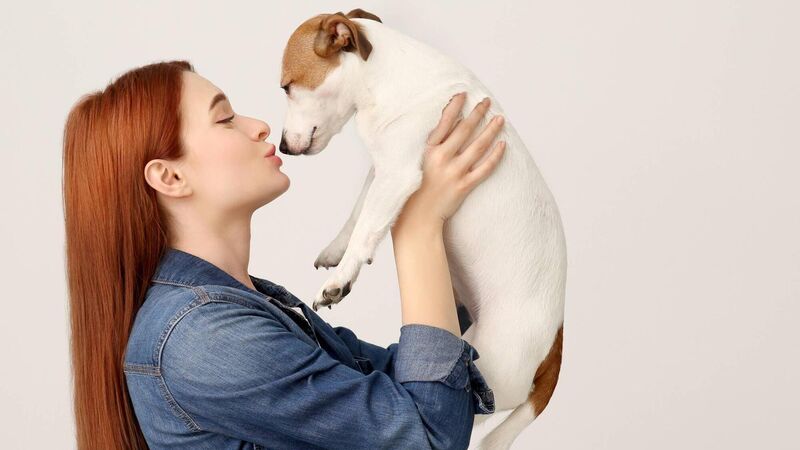Growing up around pets is particularly helpful for immune development — here's why

Looking at the striking portraits, he was struck by the number of animals living amidst the Traveller families. It gave him an idea for a new study.
Try from €1.50 / week
SUBSCRIBE
Professor Fergus Shanahan says animals can help to transfer gut bacteria between household members. Picture: Stephen Bean
Fergus Shanahan, founder of the APC Microbiome Ireland research centre in Cork, was intrigued when he came across a series of photographs of Irish Travellers in a 2016 National Geographic magazine.
Looking at the striking portraits, he was struck by the number of animals living amidst the Traveller families. It gave him an idea for a new study.
Already a subscriber? Sign in
You have reached your article limit.
Annual €130 €80
Best value
Monthly €12€6 / month
Introductory offers for new customers. Annual billed once for first year. Renews at €130. Monthly initial discount (first 3 months) billed monthly, then €12 a month. Ts&Cs apply.
CONNECT WITH US TODAY
Be the first to know the latest news and updates
Newsletter
The best food, health, entertainment and lifestyle content from the Irish Examiner, direct to your inbox.
Newsletter
The best food, health, entertainment and lifestyle content from the Irish Examiner, direct to your inbox.

Our team of experts are on hand to offer advice and answer your questions here
© Examiner Echo Group Limited